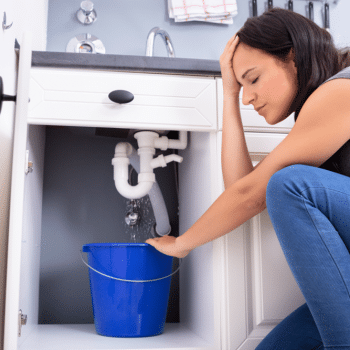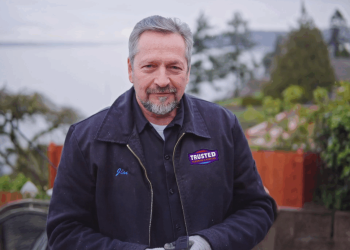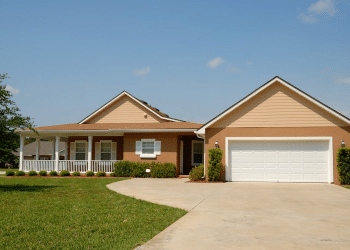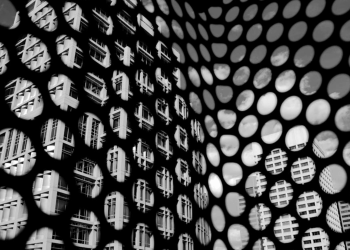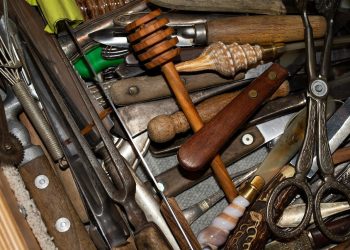Table of Contents
No one wants to deal with plumbing problems. If your toilet won’t flush or you have a dripping faucet, it’s usually time to call a plumber. But, while you may occasionally need an emergency plumbing service, you can prevent frequent, costly plumbing problems by employing some preventative maintenance.
If you’re careful with your home’s plumbing and follow some simple steps, you can keep the system in good shape and extend the lifespan of the pipes.
With these tips, you’ll deter emergency plumbing issues and ensure your plumbing system lasts as long as possible.
Tip 1: Avoid Flushing Extra Items Down The Toilet
One surefire way to destroy your plumbing is to flush items that shouldn’t be flushed. You really only want to flush waste and toilet paper, as everything else can cause clogs. Fixing these issues can be expensive and requires the help of a plumber, so it’s best to prevent this issue.
You don’t want to flush hair, food, tampons, or even “flushable” wipes.
Tip 2: Regularly Clear Drains
It’s common to have minor drain clogs. If you notice that water is draining slowly, it’s time to clear your drains.
While many people rely on chemical drain cleaners, these aren’t the best option as they can actually damage the pipes.
Instead, flush your drains with a mix of hot water, vinegar, and baking soda. If this doesn’t work, you can purchase an enzyme cleaner at the hardware store.
If you clear out your drains around once a month, you can deter more significant clogs.
Tip 3: Routinely Check For Leaks
Small leaks aren’t necessarily a huge deal, but you want to keep an eye out for them. Regularly check all the drains and visible plumbing areas around your house. Look under sinks and check faucets.
You can sometimes fix minor leaks by tightening faucets or using plumber’s tape. However, you may need to call a plumber if it’s a more significant leak.
Tip 4: Be Careful With Your Garbage Disposal
It’s tempting to flush problematic things down the toilet, but another common problem is putting the wrong things down the garbage disposal.
While garbage disposals are an excellent way to remove food waste, not all food items are safe for these devices. You should avoid putting these things down your disposal:
- Uncooked rice and pasta
- Coffee grounds
- Eggshells
- Fruit pits
- Poultry or fish bones
- Grease
- Fruit and vegetable peels
While putting these items down the disposal may not destroy it, the chances of plumbing problems are high. So, it’s best to be careful with what goes into your disposal.
Tip 5: Turn Off Outdoor Faucets In Winter
If you have outdoor faucets or other plumbing fixtures, you’ll want to shut off the water supply during the winter, especially if you live in a cooler climate. By turning off faucets, hoses, and sprinkler systems, you can prevent frozen pipes.
Take extra precautions to winterize your sprinkler system correctly. You may need to contact a professional for assistance.
Tip 6: Know When To Call A Pro
While you can take steps to maintain your plumbing and prevent problems, you’ll need to contact professionals for emergencies or more severe issues. Always err on the side of caution, as you could make the issue worse.
Many plumbers offer emergency, 24/7 services, so don’t be afraid to reach out.

